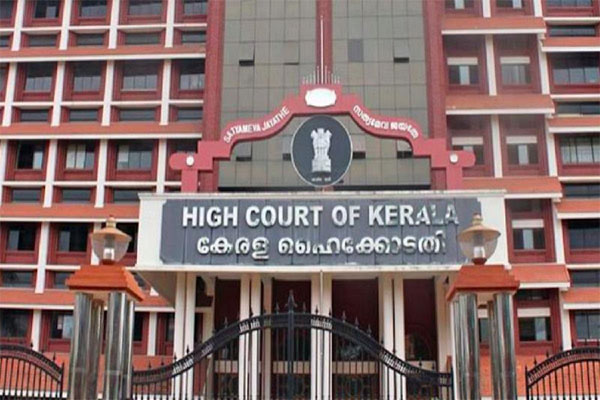Daijiworld Media Network - Kochi
Kochi, Sep 20: In a compassionate and nuanced ruling, the Kerala High Court has held that a beggar cannot be compelled to provide maintenance to his spouse, directing instead that the state must intervene to ensure that destitute individuals receive basic necessities like food and clothing.
The case involved a blind man, surviving entirely on alms, whose second wife had approached the court seeking ?10,000 per month in maintenance. The man had married twice under Muslim Personal Law. Her plea was initially rejected by the Family Court in Malappuram, which reasoned that a person who begs for a living simply cannot be legally or ethically forced to support another. The woman then appealed to the High Court.

Justice P.V. Kunhikrishnan, who heard the appeal, upheld the lower court's verdict, stressing the impracticality and moral dilemma of compelling someone already living in extreme poverty to take financial responsibility for another. In his judgment, he invoked a Malayalam proverb that loosely translates to: "One should not dip into another person’s begging bowl."
At the same time, Justice Kunhikrishnan underscored the responsibility of the State to step in where personal means fail. He noted that while the husband is in no position to pay maintenance, it does not absolve the state of its duty to ensure that the woman—like others in similar situations—receives essential support for survival.
The Court further raised concern over repeated marriages by individuals with no financial capacity, observing that such actions have social implications, especially when carried out without adequate understanding or intention to support the family. The judge called for counselling in such cases, particularly when uneducated or vulnerable individuals resort to polygamy without understanding the responsibilities it entails.
The wife had also accused her blind husband of physical abuse. Though the Court expressed doubts about the credibility of such claims, given the man’s condition, it acknowledged that mental or emotional cruelty could not be ruled out. It also took serious note of the man’s alleged threats to pronounce talaq and remarry, emphasizing the potential harm of unchecked polygamy without financial and emotional stability.
Drawing on principles from Muslim Personal Law and Quranic teachings, the Court clarified that polygamy is conditional—not a blanket right—and permitted only when a man can treat all wives fairly and maintain them adequately. Justice Kunhikrishnan reaffirmed that the default expectation in Islamic law is monogamy, with polygamy allowed only under strict ethical and financial guidelines.
In closing, the Court directed the Kerala Social Welfare Department to take immediate steps for counselling the husband through qualified professionals, including religious leaders, to dissuade him from entering into further marriages without the means to support his existing family.
A copy of the judgment has been sent to the department to facilitate action.